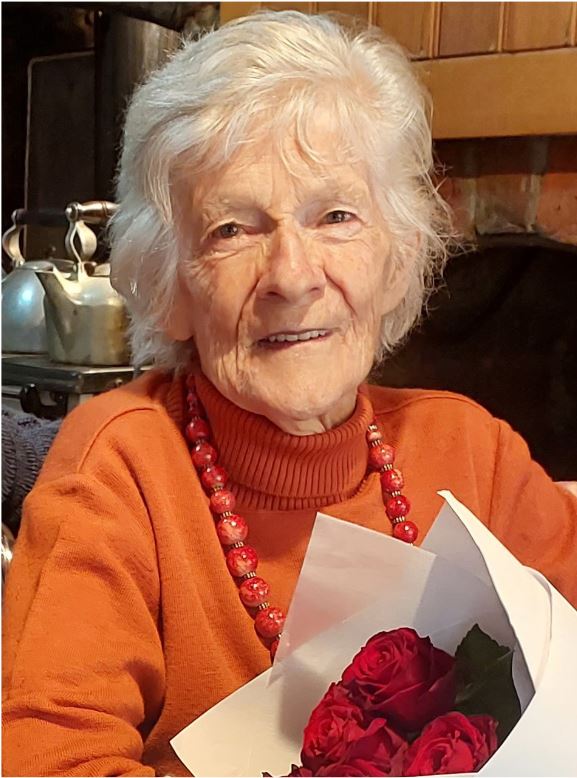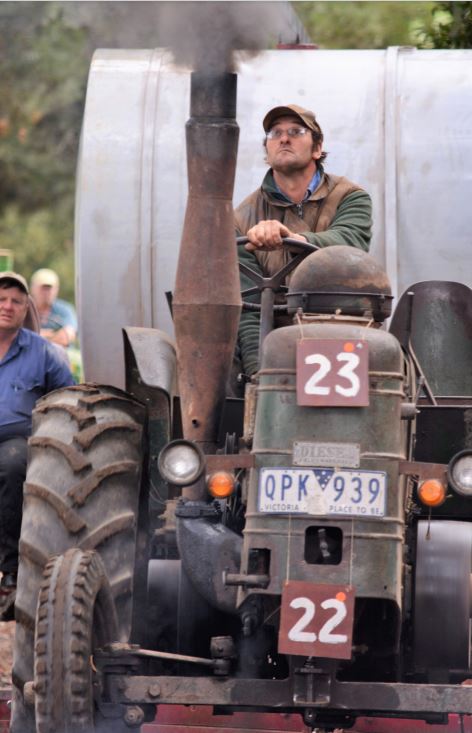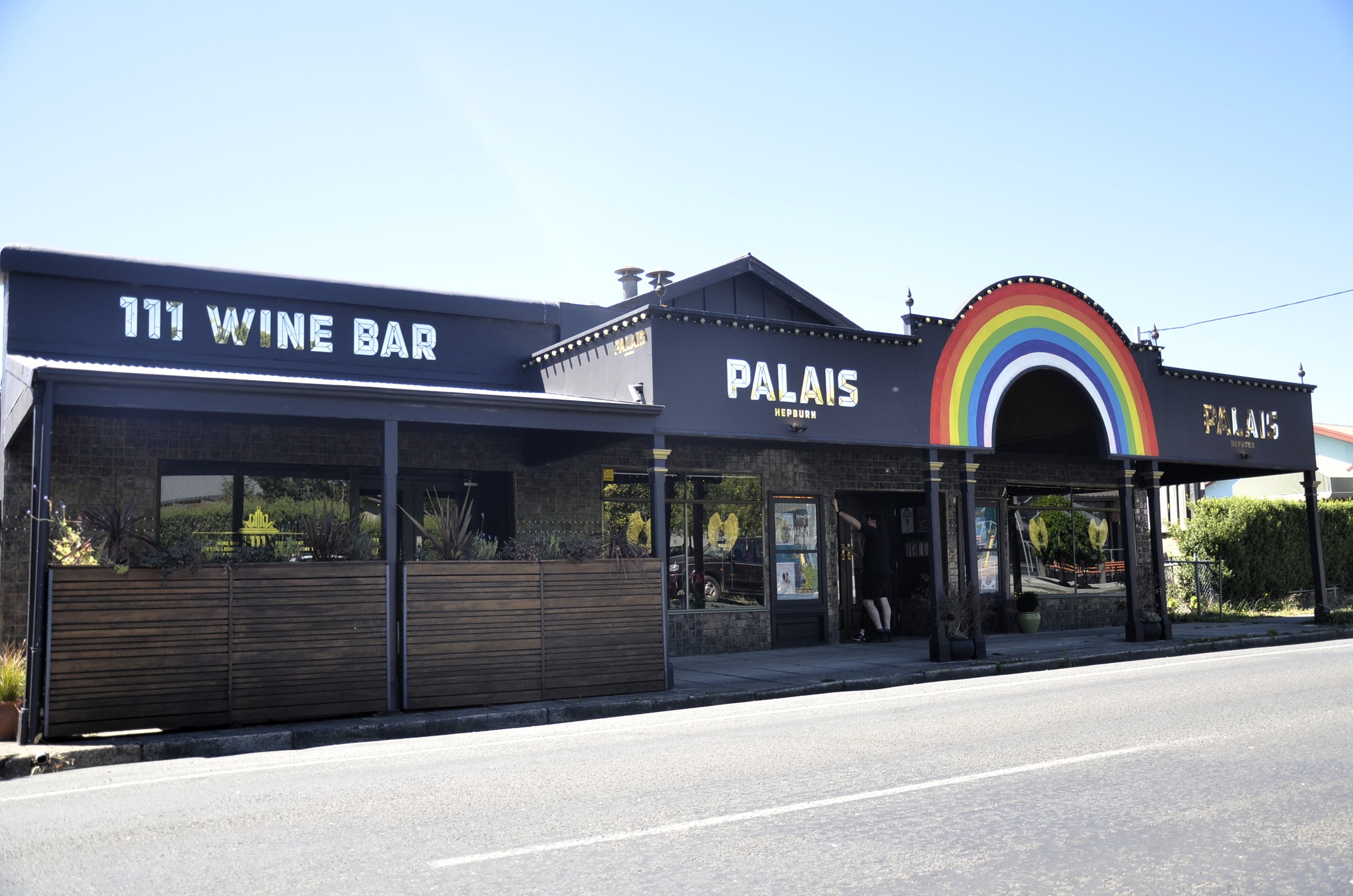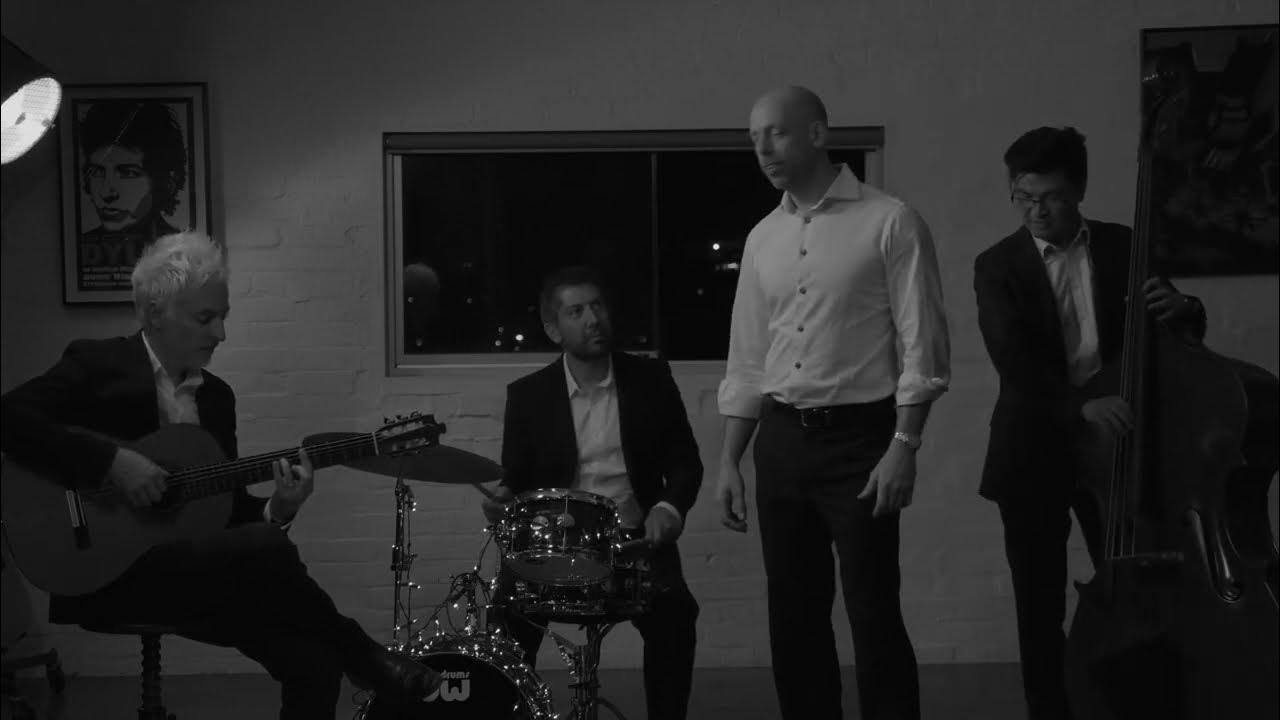April 25th, 2022Cecilia living her best life in Daylesford
THE Central Highlands are familiar territory for Cecilia Macaulay. Her grandfather lived and farmed in East Trentham and her sister is in Kyneton.
She even spent time, about 15 years ago, working as a WWOOFer (World Wide Opportunities on Organic Farms) with Hepburn environmentalists, and now friends, David and Su Holmgren.
So, when Covid stopped the permaculture expert from her annual winter stays in Japan, she naturally found herself in Daylesford and is now offering courses out of Shizuka Ryokan.
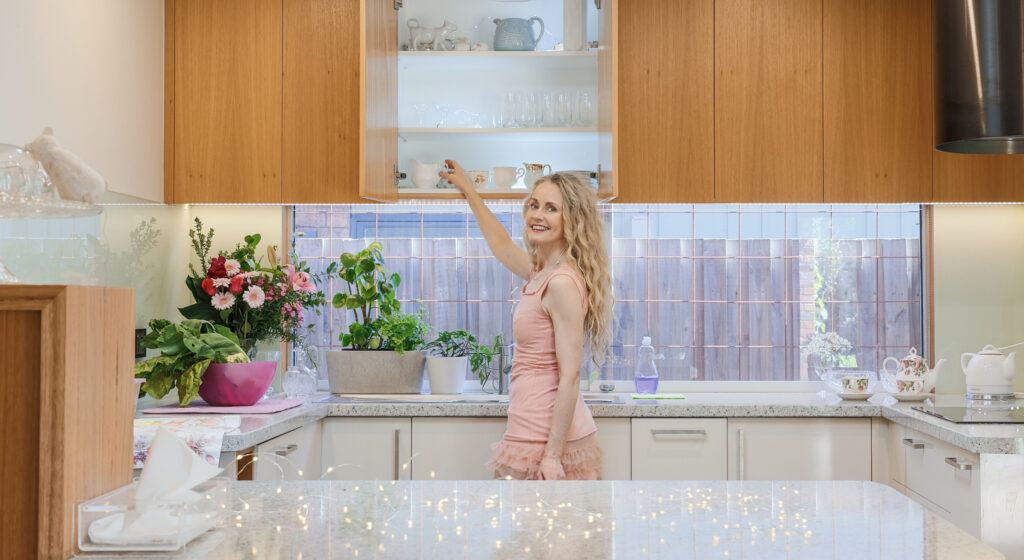
It’s a long way from some of her past projects which include the design of a self-maintaining garden for Sir Richard Branson’s Caribbean island and consulting for Taronga Zoo’s 10-year plan but Cecilia is loving the local community and more than happy to share her knowledge.
“I moved to Daylesford because I wanted more Japanese culture and creative people around me and the feel of the community is really strong here. When I got this chance to do my workshops at Shizuka and also the chance to build them a Japanese herb garden, I thought ‘I am staying’.”
The Japanese connection started when she was a university student. She was in the library and approached by a shy Japanese man with a note, in her words an “otaku”, or which translates as nerd, who requested humbly if she would talk to him in English. She liked his earnestness and they conversed formally each week. He talked about many aspects of his homeland and “for some reason that lovely encounter created a desire for Japan”.
“It has been such a great relationship between me and Japan. I teach them permaculture and every year I get more and more in love with Japanese culture. It really is what my personality needed most. I am naturally creative and disorganised, I have energy to start things but not always to finish them, I love making stuff, but cleaning up, not so much. Japanese cultural practices have shown me a way to inspire myself into doing things in a way that works and connects me to other people. So I can have a team, and not annoy them with things like my unwashed dishes lying around, and we can make lovely projects happen.”
Cecilia says Japanese people are like everyone, they want to have a better life using inspiration, rather than discipline. “Permaculture is about making an eco-system around something so it can happen naturally. If you want to grow something in your garden, you work out its companion plants, what will repel pests, what will support it and then it will naturally give you its bounty without fighting. Setting yourself up to be the best of yourself.
“And I learnt early on there is no use in growing food if you can’t cook it because your kitchen is confusing or you didn’t harvest on time because you were too distracted. So my permaculture courses these days are not about gardens, because lots of other people teach that. My priority is helping people make their home life less complicated, and set up their environment to co-operate with them. I teach design principles such as how to reduce the amount of useless diversity – like too many kinds of Tupperware containers and missing lids – and increase the amount of useful diversity – like inviting different people to dinner and make a difference to your life. My real goal is to help people better connect to each other – because that is what its all about.”
Cecilia said she honed her craft while staying at the homes of generous, creative people who supported her as she travelled the country running her workshops. They often quietly struggled with clutter and overcommitment. She would use what she taught in her workshops to beautify the house with them as a thank-you gift. Her Zen your Space workshops at Shizuka are designed for creative or neuro-diverse people, her favourites.
“Shizuka Ryokan is a perfect Japanese guest house with tatami mats and you can see the genius of Japan and the simplicity in the building – refined over centuries. A lot of permaculture is borrowed from Japan. How to make a better life, how to get a lot out of a little and how to work with nature not against it.
“Japanese culture is very much about savouring what you’ve got and being in a relationship with everything you’ve got. And so is permaculture.”
Link: www.ceciliamacaulay.com.au
Words: Donna Kelly | Image: Contributed







